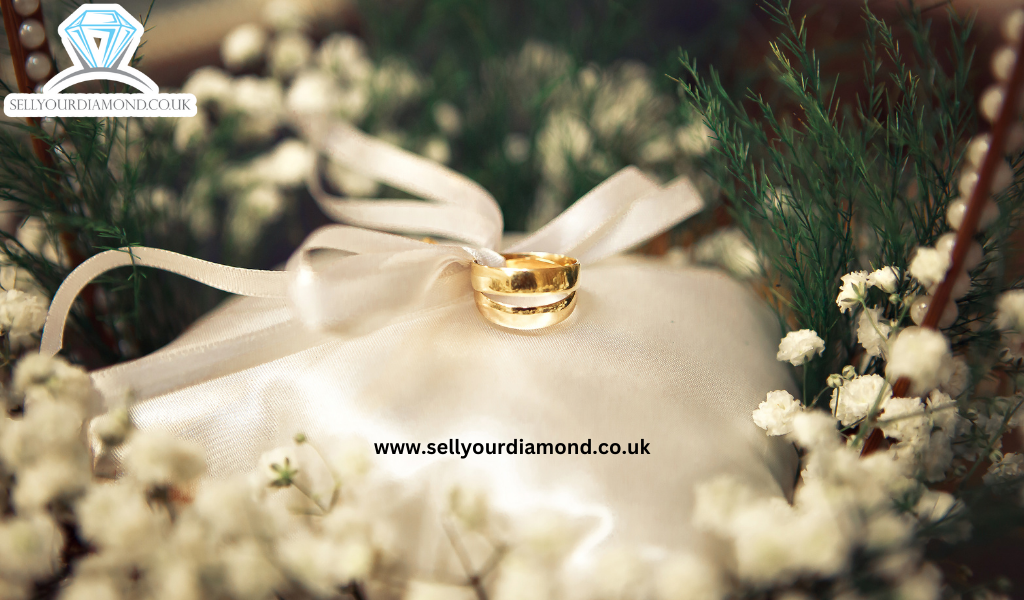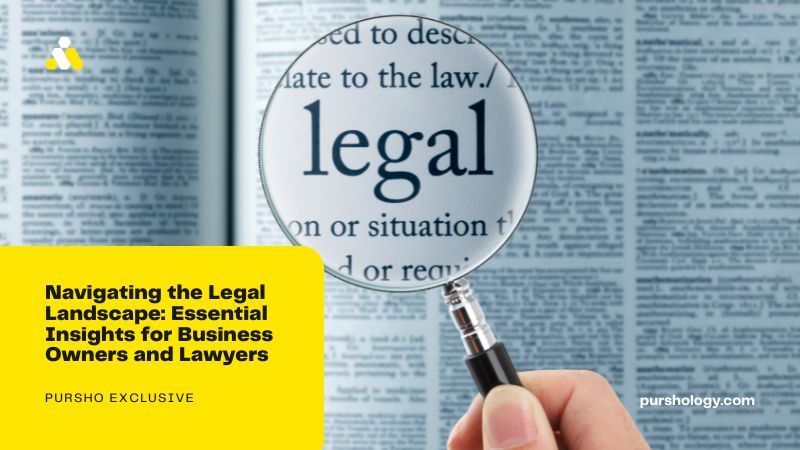Navigating the Legal Landscape of Selling Used Jewelry: A Comprehensive Guide
Related Articles: Navigating the Legal Landscape of Selling Used Jewelry: A Comprehensive Guide
Introduction
In this auspicious occasion, we are delighted to delve into the intriguing topic related to Navigating the Legal Landscape of Selling Used Jewelry: A Comprehensive Guide. Let’s weave interesting information and offer fresh perspectives to the readers.
Table of Content
Navigating the Legal Landscape of Selling Used Jewelry: A Comprehensive Guide

The allure of vintage and pre-owned jewelry is undeniable. From the elegance of antique diamonds to the unique charm of vintage pieces, the market for used jewelry thrives. However, navigating the legal landscape surrounding its sale can be complex, requiring careful consideration of various regulations and potential liabilities. This guide aims to provide a comprehensive understanding of the legal considerations associated with selling used jewelry, ensuring a smooth and compliant experience for both sellers and buyers.
Understanding the Legal Framework:
Selling used jewelry involves a confluence of legal considerations, including:
- Consumer Protection Laws: These laws safeguard consumers from deceptive practices and ensure fair transactions. They often dictate requirements for clear and accurate product descriptions, disclosure of any known defects, and the provision of a warranty or guarantee, if applicable.
- Antiquities and Cultural Property Laws: Certain historical or culturally significant jewelry may be subject to specific regulations, restricting their sale or requiring permits. These laws aim to protect cultural heritage and prevent illicit trafficking.
- Tax Laws: The sale of used jewelry can generate taxable income, requiring sellers to comply with relevant tax regulations. Depending on the value and frequency of sales, individuals may need to register as a business and file income tax returns accordingly.
- Environmental Regulations: Certain materials used in jewelry, like gold or precious stones, may be subject to environmental regulations. Sellers should be aware of any restrictions or requirements related to the disposal or recycling of these materials.
Key Considerations for Sellers:
1. Product Authentication and Description:
- Accuracy and Transparency: Accurate and detailed product descriptions are paramount. Sellers should provide comprehensive information about the jewelry’s material, origin, age, condition, and any known defects. This ensures transparency and helps prevent potential disputes.
- Gemstone Certification: For precious stones, obtaining a reputable gemstone certification from a recognized laboratory is highly recommended. This provides independent verification of the stone’s authenticity, quality, and origin, bolstering buyer confidence and protecting the seller from potential claims.
- Proof of Ownership: Sellers should be able to provide evidence of their ownership of the jewelry, such as purchase receipts, appraisals, or inheritance documentation. This establishes their legal right to sell the item.
2. Warranty and Guarantee:
- Implied Warranty of Merchantability: In many jurisdictions, a seller implicitly warrants that the jewelry is fit for its ordinary purpose and meets reasonable quality standards. This means the jewelry should be free from defects and function as expected.
- Express Warranty: Sellers may choose to offer an express warranty, providing specific guarantees about the jewelry’s quality, performance, or durability. This can be a valuable selling point, but sellers should carefully define the terms and limitations of the warranty to manage their liability.
- Disclaimer: While sellers cannot disclaim the implied warranty of merchantability, they can limit the duration of an express warranty or exclude specific aspects of the jewelry from coverage. However, these disclaimers must be clearly communicated to buyers.
3. Pricing and Valuation:
- Market Research: Sellers should conduct thorough market research to determine a fair and competitive price for their jewelry. Factors like age, condition, material, design, and current market trends influence pricing.
- Professional Appraisal: For valuable or antique pieces, obtaining a professional appraisal from a certified gemologist or appraiser is essential. This provides an objective assessment of the jewelry’s value, supporting its pricing and enhancing buyer trust.
- Disclosure of Valuation: Sellers should disclose the basis for their pricing to buyers, whether it’s based on market research, a professional appraisal, or other factors. Transparency in pricing builds trust and reduces potential disputes.
4. Payment and Transaction Security:
- Secure Payment Methods: Sellers should utilize secure payment methods, like online payment gateways or escrow services, to protect both parties from fraud and unauthorized transactions.
- Shipping and Insurance: When shipping jewelry, sellers should choose a reputable and insured shipping service. This minimizes the risk of loss or damage during transit and provides protection for both the seller and buyer.
- Return Policy: Establishing a clear return policy, outlining conditions for returns and refunds, can enhance buyer confidence and protect sellers from unnecessary disputes.
5. Legal Compliance and Documentation:
- Tax Obligations: Sellers should understand their tax obligations related to the sale of used jewelry. This may involve registering as a business, collecting sales tax, and filing income tax returns.
- Record Keeping: Sellers should maintain detailed records of all transactions, including purchase details, payment records, shipping information, and any communication with buyers. This documentation provides evidence of compliance and protects sellers in case of disputes.
- Legal Advice: For complex transactions or high-value items, seeking legal advice from a qualified attorney specializing in business law or intellectual property can provide valuable guidance and minimize legal risks.
FAQs Regarding Selling Used Jewelry:
1. Do I need a license to sell used jewelry?
The specific licensing requirements for selling used jewelry vary by location. In some areas, a general business license may be sufficient, while others may require specific permits or licenses for selling precious metals or gemstones. Sellers should consult their local authorities or a legal professional to determine the applicable regulations.
2. Can I sell jewelry I inherited?
Yes, you can generally sell jewelry you inherited. However, it’s crucial to ensure that you have clear title to the jewelry and are not violating any inheritance laws or restrictions. If the jewelry is considered an heirloom or has historical significance, it may be subject to specific regulations.
3. Do I need to disclose any defects in the jewelry?
Yes, sellers have a legal obligation to disclose any known defects in the jewelry. This includes any damage, repairs, alterations, or missing parts. Failure to disclose known defects can lead to legal claims and damage the seller’s reputation.
4. What are the tax implications of selling used jewelry?
The tax implications of selling used jewelry depend on the frequency and value of sales. If you sell jewelry occasionally as an individual, the income may be considered a capital gain, subject to capital gains tax rates. If you sell jewelry regularly as a business, you will likely need to register as a business, collect sales tax, and file income tax returns.
5. What happens if a buyer claims the jewelry is fake?
If a buyer claims the jewelry is fake, it’s crucial to have documentation supporting its authenticity. This could include a gemstone certification, appraisal, or purchase receipts. If the seller cannot provide credible evidence, they may be liable for damages or a refund.
Tips for Selling Used Jewelry:
- Research Your Jewelry: Before selling, thoroughly research the jewelry’s history, material, design, and current market value. This helps ensure accurate pricing and informed decision-making.
- Clean and Photograph Your Jewelry: Present your jewelry in its best light by cleaning it professionally and taking high-quality photographs that showcase its details and condition.
- Use a Reputable Platform: Utilize reputable online marketplaces or auction platforms that provide secure payment processing, buyer protection, and dispute resolution mechanisms.
- Get Professional Advice: For valuable or antique pieces, consult a certified gemologist or appraiser to obtain an objective assessment of the jewelry’s value and authenticity.
- Maintain Clear Communication: Respond promptly to inquiries, provide detailed information, and address any concerns buyers may have. Clear communication builds trust and reduces potential disputes.
Conclusion:
Navigating the legal landscape of selling used jewelry requires careful consideration of various regulations and potential liabilities. By understanding consumer protection laws, antiquities regulations, tax requirements, and environmental considerations, sellers can minimize legal risks and ensure a compliant and successful experience. Transparency, accurate product descriptions, professional appraisals, secure payment methods, and clear communication are crucial elements for building trust with buyers and fostering a positive selling experience. Remember to seek legal advice when necessary to ensure compliance with all applicable laws and regulations.








Closure
Thus, we hope this article has provided valuable insights into Navigating the Legal Landscape of Selling Used Jewelry: A Comprehensive Guide. We appreciate your attention to our article. See you in our next article!